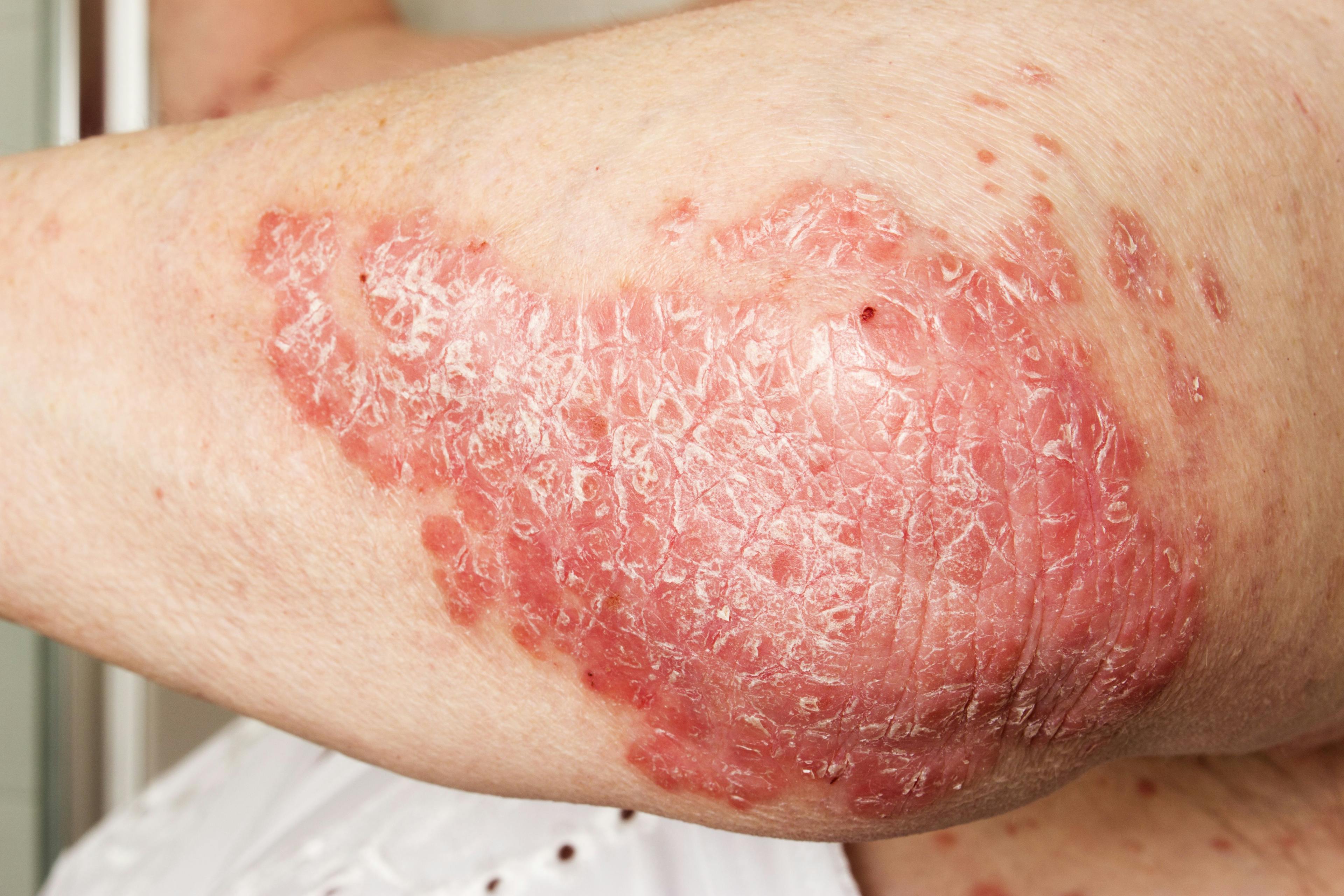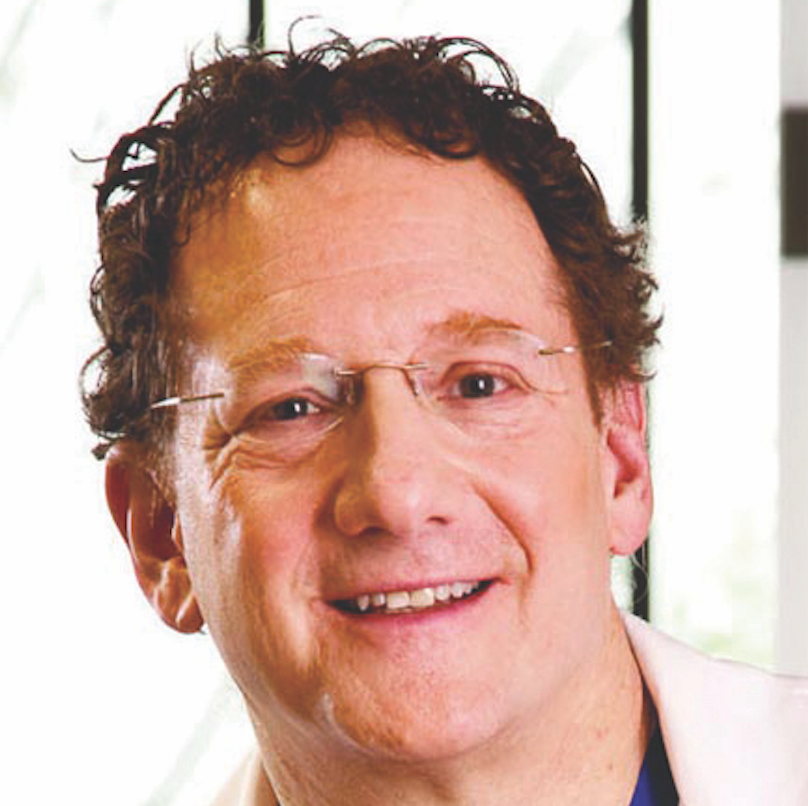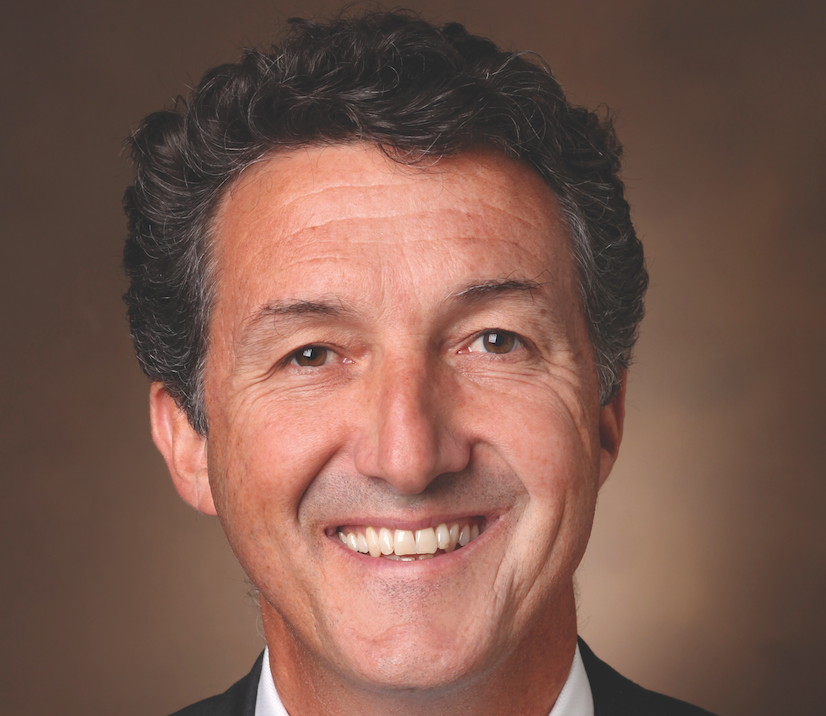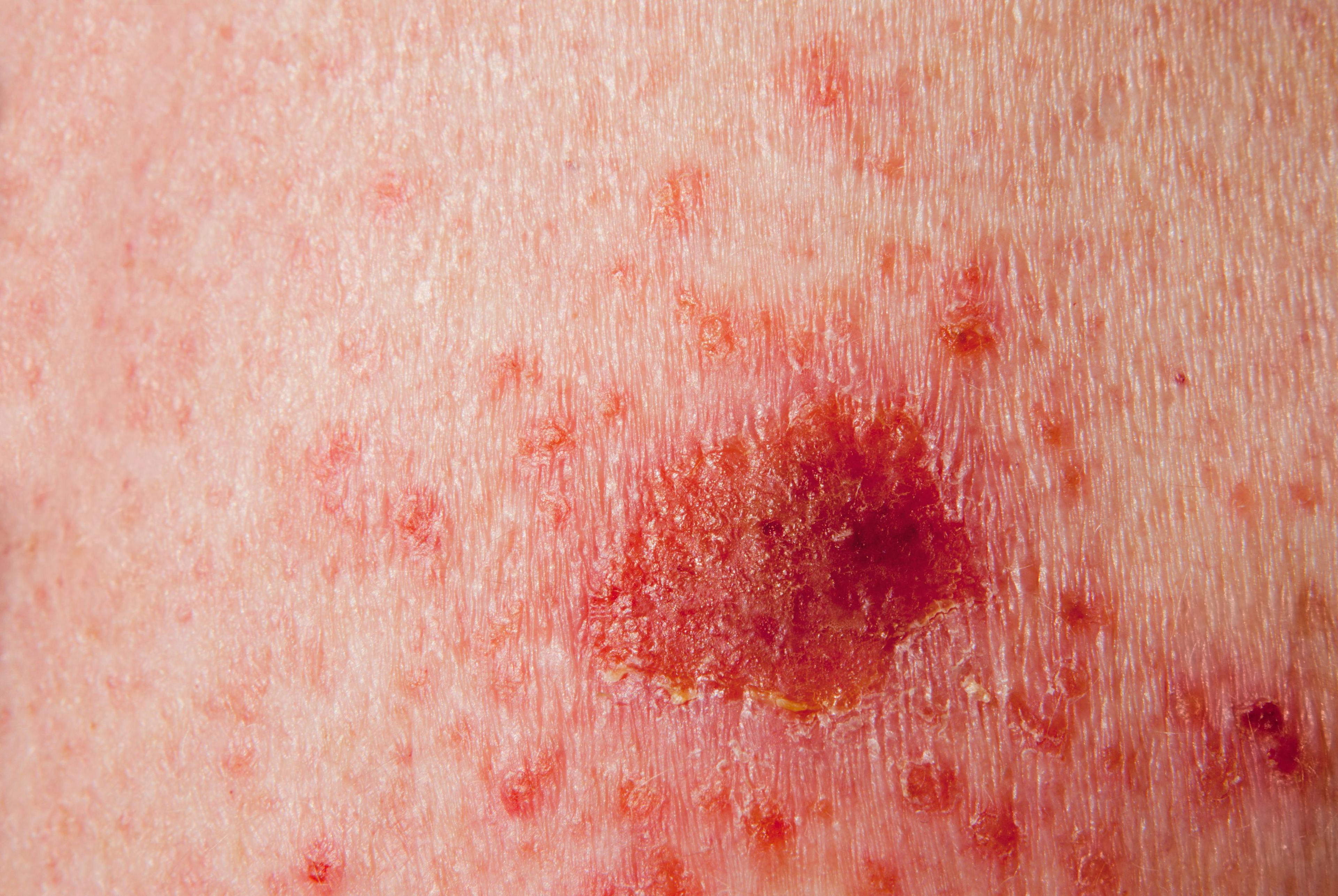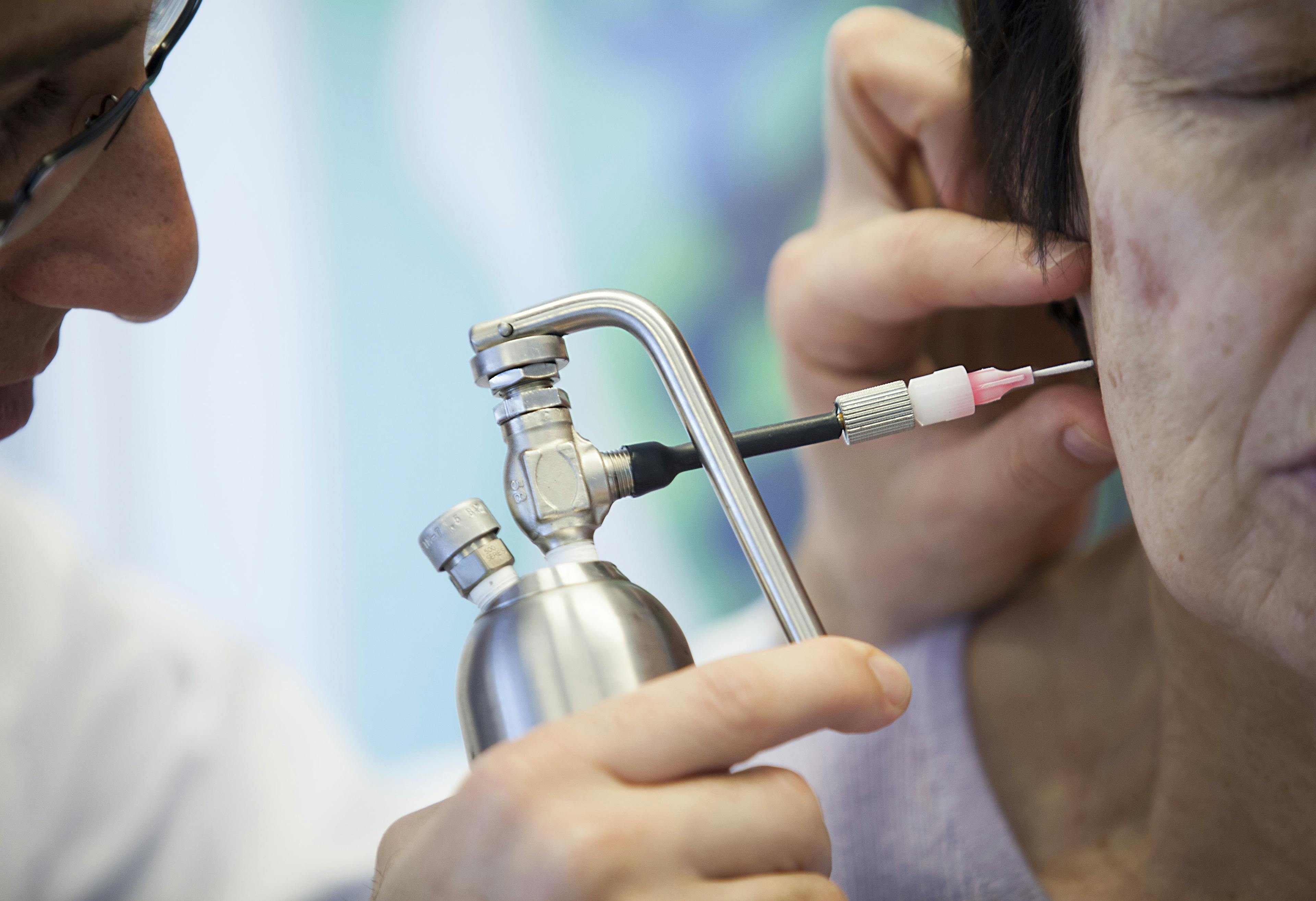- Acne
- Actinic Keratosis
- Aesthetics
- Alopecia
- Atopic Dermatitis
- Buy-and-Bill
- COVID-19
- Case-Based Roundtable
- Chronic Hand Eczema
- Chronic Spontaneous Urticaria
- Drug Watch
- Eczema
- General Dermatology
- Hidradenitis Suppurativa
- Melasma
- NP and PA
- Pediatric Dermatology
- Pigmentary Disorders
- Practice Management
- Precision Medicine and Biologics
- Prurigo Nodularis
- Psoriasis
- Psoriatic Arthritis
- Rare Disease
- Rosacea
- Skin Cancer
- Vitiligo
- Wound Care
Publication
Article
Dermatology Times
Real-world factors that affect the efficacy of biologics
Author(s):
Why do biologics lose efficacy over time? This physician discusses factors dermatologists should consider when they see this issue in their patients.
With many patients, real-world factors frequently interfere with a drug’s performance. Dermatologists may especially see this happen when prescribing biologic therapies. (©ClaudiaPlyinskaya/Shutterstock.com)
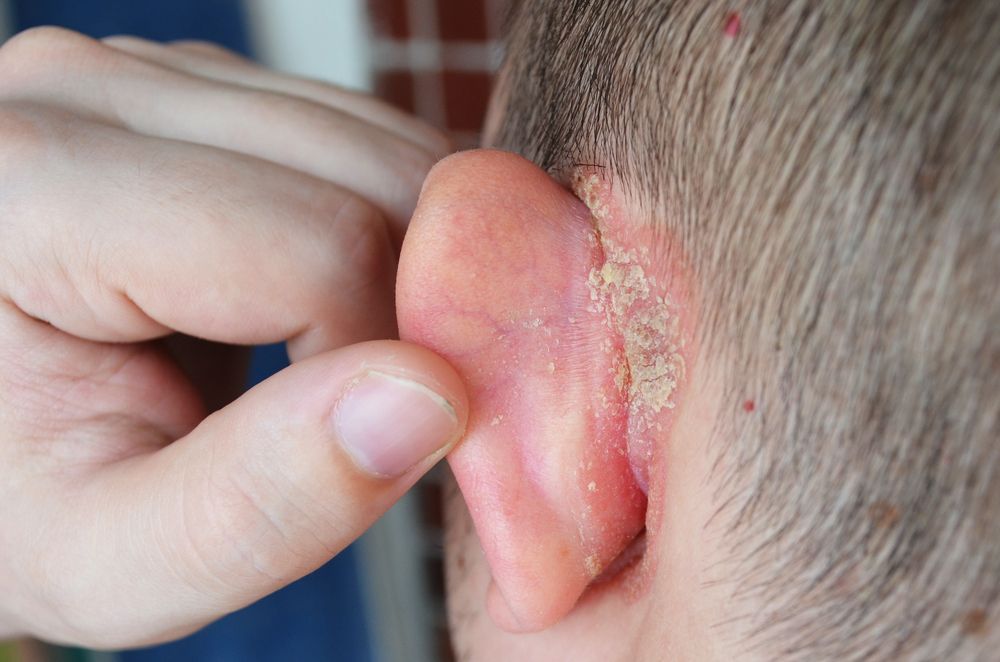
Identifying the right medication for a patient with a skin condition can often be difficult. But even pinpointing the right treatment doesn’t mean it will work equally as well over time.
With many patients, real-world factors frequently interfere with a drug’s performance. Dermatologists may especially see this happen when prescribing biologic therapies.
“It’s a very frequent issue for biologics to, after the initial response, lose efficacy,” said Stephen Wolverton, M.D., professor of dermatology at the Indiana University School of Medicine. “So, it’s important for dermatologists to know that there are antibodies to drugs or factors, such as the loading dose versus maintenance dose frequency, can impact efficacy.”
Dr. Wolverton discussed these various factors that could reduce a drug’s efficacy over time during the American Academy of Dermatology Annual Meeting in Washington, D.C. These are factors, he said, that can affect drug efficacy:
- Loading dose vs. maintenance dose: It often takes a higher dose of medication to get a skin condition under control than it does to keep it manageable, Wolverton said. However, analyzing disease presence and medication efficacy can be less than fully objective. For example, it’s possible that PASI scores for erythema, thickness, and scaling might not accurately depict medication efficacy, particularly if the score is determined by a provider who doesn’t frequently treat skin conditions.
- Anti-Drug Antibodies: Over time, he said, it’s possible for patients to develop anti-drug antibodies that can neutralize the efficacy of their medications. Additionally, these antibodies can lead to lower drug serum levels and an increased hypersensitivity to adverse effects.
This neutralizing effect varies by medication. For instance, TNF inhibitors, including infliximab and adalimumab, experience the most neutralizing effects. However, the neutralizing effect does not affect enteracept. Among the anti-interleukins (12, 17A, and 23), the neutralizing effect ranges from low-to-moderate. According to existing research data, depending on the medication and the dose, the neutralizing effect can be as much as 83 percent.
- Dosing Gaps: Existing data indicates that gaps in dosing can also be responsible for loss of efficacy because it can open the door to creation of anti-drug antibodies. However, Wolverton said, it’s unclear whether slow tapering of medication use is responsible for the same effect.
Overall, Wolverton said, more clinical trials are needed to determine the largest influences over the appearance of anti-drug antibodies. This knowledge could impact how dermatologists decide to change dosing or reduce frequency.
Reference:
S029 - Controversies and Difficult Questions Concerning Biologic Therapeutics. “Some reasons which biologics lose efficacy over time in the real world.” Stephen Wolverton, M.D., 1-4p.m., March 2, American Academy of Dermatology Annual Meeting 2019.
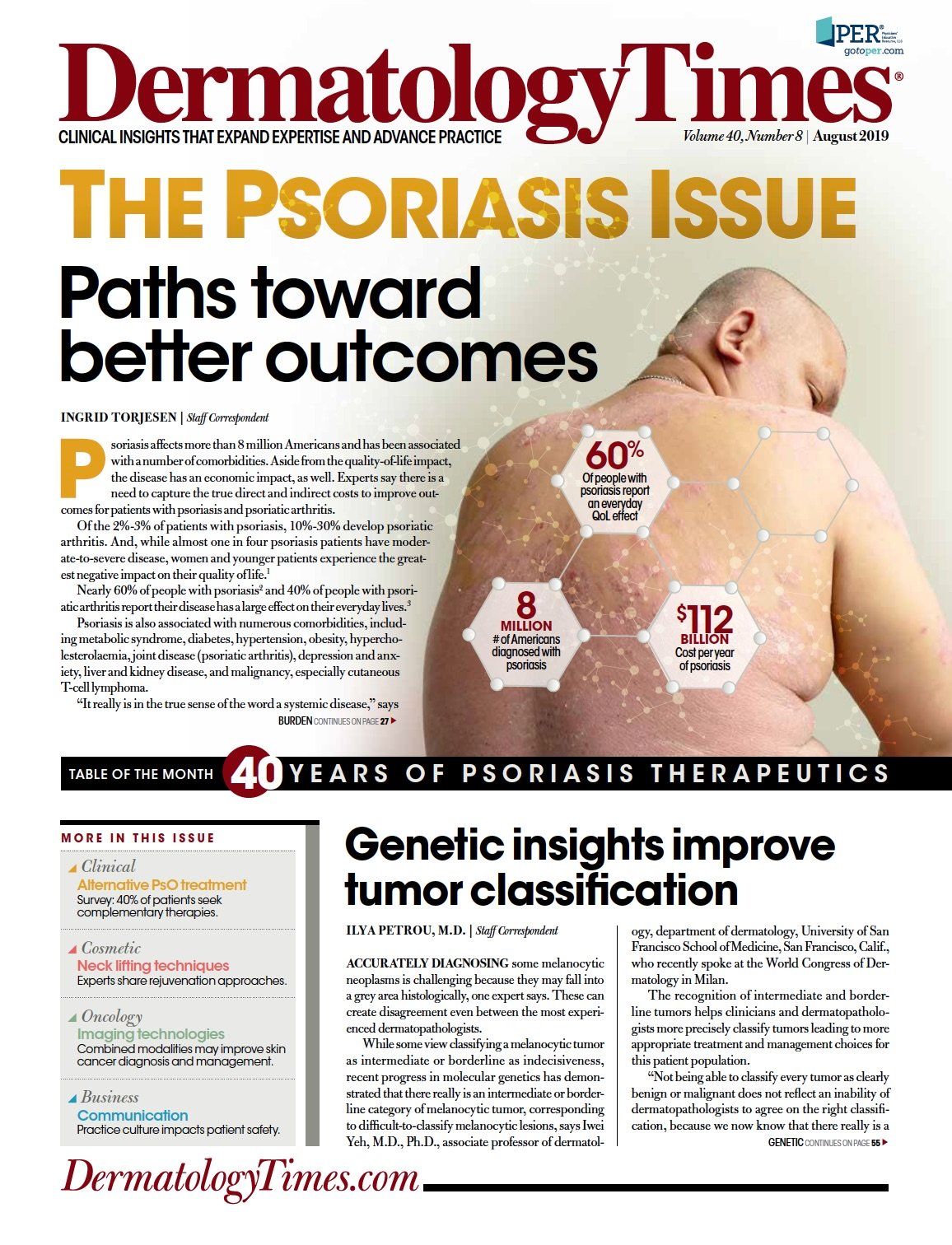
Newsletter
Like what you’re reading? Subscribe to Dermatology Times for weekly updates on therapies, innovations, and real-world practice tips.


